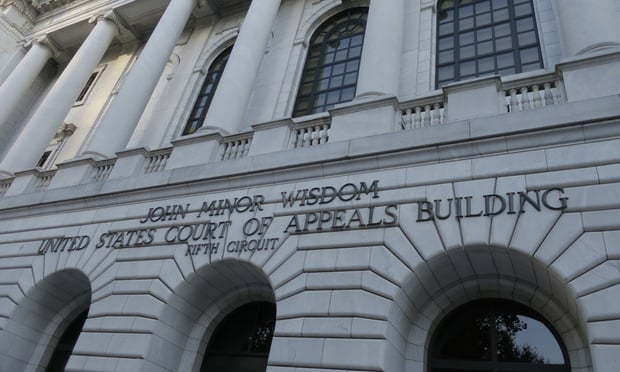Appeals from bankruptcy court orders continue to play a key role in bankruptcy practice. The relevant sections of the Judicial Code and the Federal Bankruptcy Rules arguably cover all the relevant issues in a straightforward manner. Recent cases, however, show that neither Congress nor the Rules Committees could ever address the myriad issues raised by imaginative lawyers. The appellate courts continue to wrestle with standing, jurisdiction, mootness, excusable neglect and finality, among other things. The following overview, in a series of installments, shows what the courts have been addressing during just the past three years. This first installment will cover appellate standing.
Background: Judicial Code and Federal Rules
The Judicial Code (§§157, 158, 1291 and 1292) governs appellate jurisdiction in bankruptcy cases. The Federal Rules of Bankruptcy Procedure (Part VIII) and the Federal Rules of Appellate Procedure determine how and when to file an appeal. 28 U.S.C. §158(c)(2) provides that “an appeal under [section 158(a)-(b) from the bankruptcy court to a district court or bankruptcy appellate panel (“BAP”)] shall be taken in the same manner as appeals in civil proceedings generally taken to the courts of appeals from district courts.” The case law, though, is inconsistent and more complex.







